President Raeisi joins world leaders in condoling Japan ex-PM Abe's death
Iran's President Ebrahim Raeisi has offered his condolences to the people and government of Japan on the assassination of veteran politician and former Japanese prime minister Shinzo Abe on Friday.
In a message to Japan’s incumbent premier Fumio Kishida late on Friday, Raeisi described the attack that led to Abe’s death earlier in the day as “inhumane".
Abe died in hospital on Friday hours after being shot while speaking at an election campaign event in the southern city of Nara.
The slain politician was Japan's longest-serving prime minister who held office in 2006 for one year and again from 2012 to 2020.
He was out campaigning for his former party, the Liberal Democratic Party, in the run-up to elections on Sunday.
“The deceased,” Raeisi wrote, “was a great statesman for the Japanese people and a global personality, who played an important role in the development of the Islamic Republic’s historical relations with Japan.”
“I express my condolences and deep sympathy with you and the friendly Japanese government and people [over the tragedy],” read the letter by the Iranian president.
Earlier on Friday, Iran’s foreign minister Hossein Amir-Abdollahian also wrote to his Japanese counterpart Hayashi Yoshimasa, expressing his condolences, and calling Abe “a notable leader, who played an important role in the East Asia region’s developments.”
The Iranian top diplomat also described Abe’s initiatives and efforts towards the reinforcement of Japan’s ties with the Islamic Republic as “valuable.”
World reacts to Abe’s assassination
Reactions have been pouring in from across the world over Abe's killing, with Indian Prime Minister Narendra Modi announcing that July 9 would be a national day of mourning in India as a mark of “deep respect” for the late Japanese leader.
US President Joe Biden said he was “stunned, outraged, and deeply saddened” by the news, remembering Abe as “the longest-serving Japanese prime minister.”
European Council President Charles Michel decried the “cowardly” attack on Abe, calling him “a true friend” and a “fierce defender of multilateral order and democratic values.”
Outgoing British Prime Minister Boris Johnson called Abe’s “global leadership” memorable.
Australian Prime Minister Anthony Albanese said Abe was one of Australia’s “closest friends on the world stage.”
NATO Secretary-General Jens Stoltenberg sent his “deepest condolences” to Abe’s family and Kishida in a tweet.
A spokesperson from the Chinese embassy in Japan in a statement expressed shock over his assassination and extended condolences to his family.
South Korean president Yoon Suk-Yeol sent his condolences to the Japanese people, condemning the shooting as “an unforgivable act of crime.”
‘Suspect admits to murder, grudge’
Meanwhile, reports cited Nara’s police as saying that the suspected killer -- identified as 41-year-old Tetsuya Yamagami -- had admitted to the fatal shooting.
According to national broadcaster NHK, the suspect reportedly told police after his arrest that he “was frustrated with the former prime minister and targeted Abe intending to kill him.”
Police said the suspect had confessed to harboring a “grudge” against, what was described as, a “specific organization” that he believed Abe was a part of.
He used a handmade weapon in the attack: a double-barrelled device, wrapped in black tape, had been found on the ground near where Abe was shot.
“The first shot sounded like a toy bazooka,” an eyewitness woman told NHK. “He didn’t fall and there was a large bang. The second shot was more visible, you could see the spark and smoke.”
The slain former premier sustained two wounds on the front of his neck, about 5cm apart, according to Hidetada Fukushima, professor of emergency medicine at Nara Medical university hospital.
UK ‘preemptively’ discharges pro-Palestine hunger strikers recovering in hospital
US dollar falls in Iran amid rising export currency supply
Trump’s ‘Board of Peace’ for Gaza an extension of Israeli occupation: Ex-UN rights chief
IMF expects Iran’s economy to grow by 1.1% in 2026
Over 9,350 Palestinians held in Israeli prisons as of early January: Rights groups
VIDEO | Press TV's news headlines
Israel plans to seize Palestinian-owned land in occupied East al-Quds
VIDEO | Displacement in Al-Ouja: A broader push to reshape the occupied West Bank


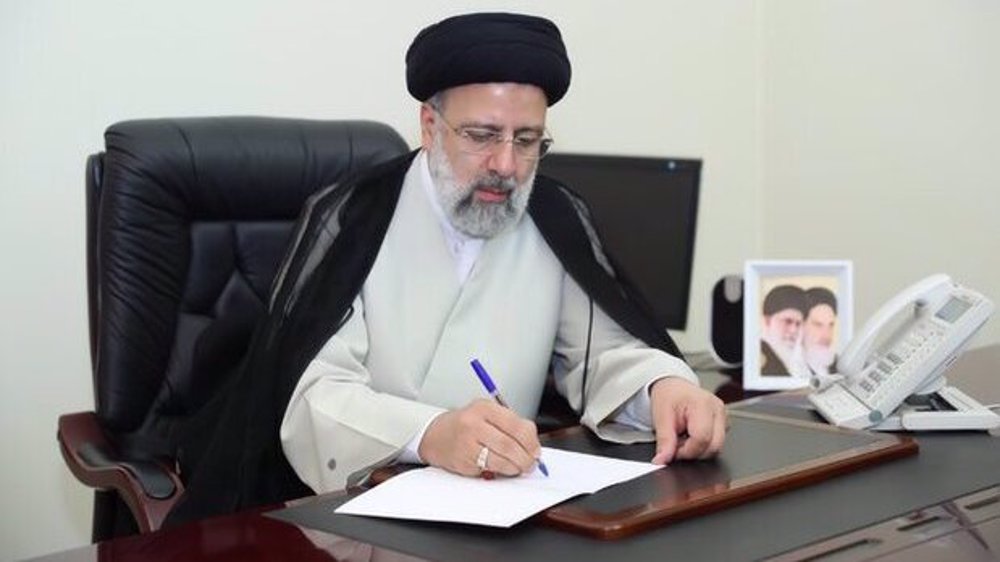
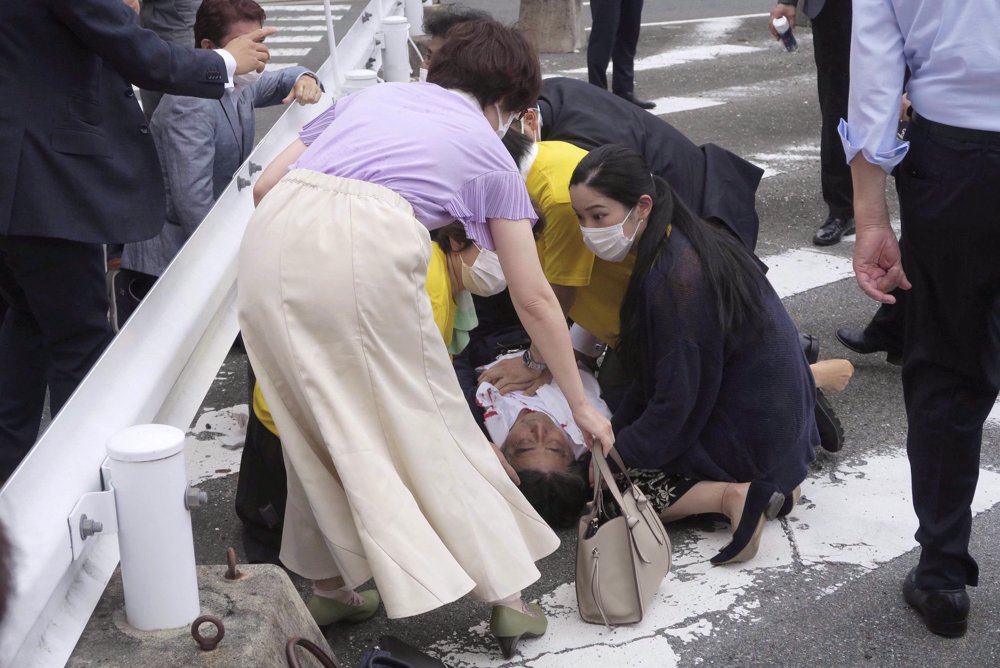
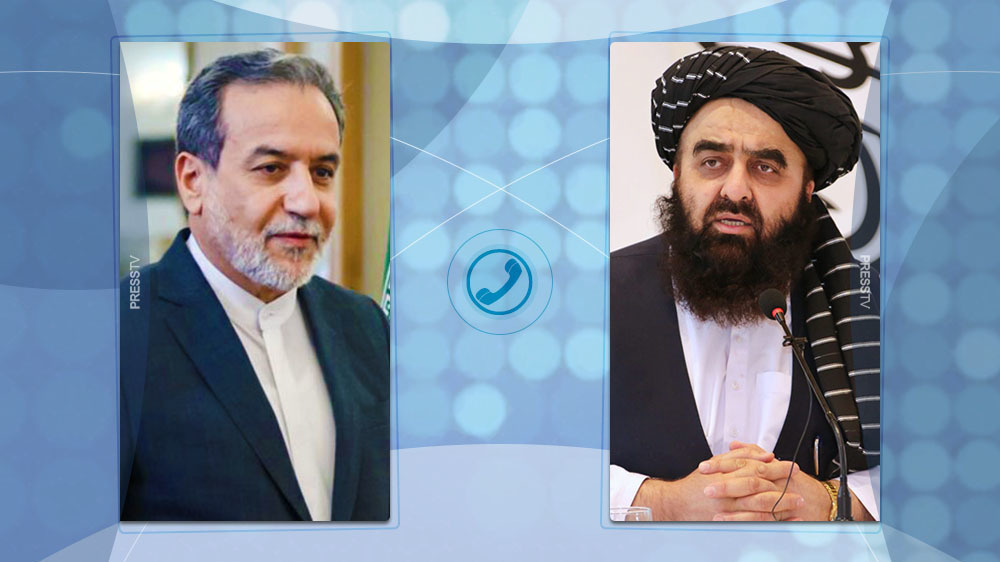
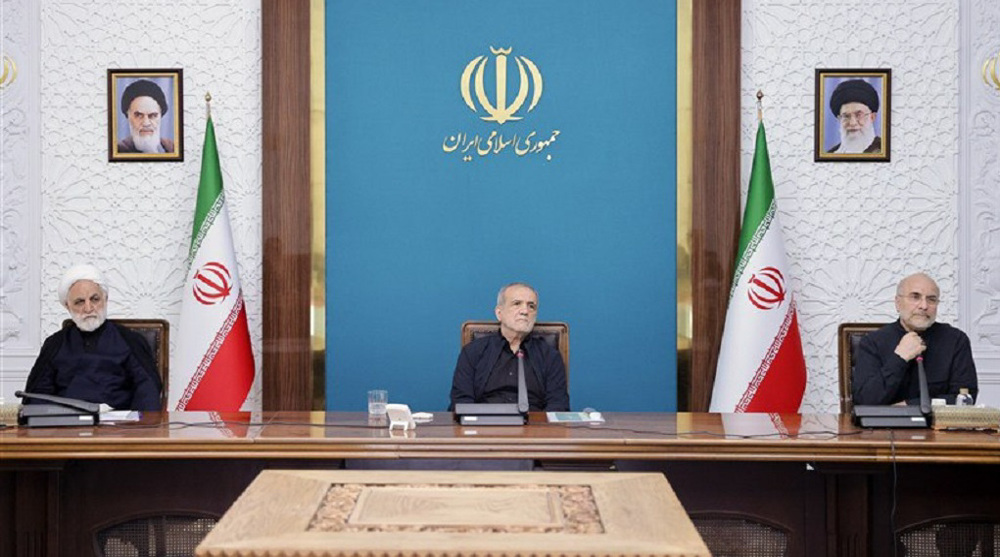




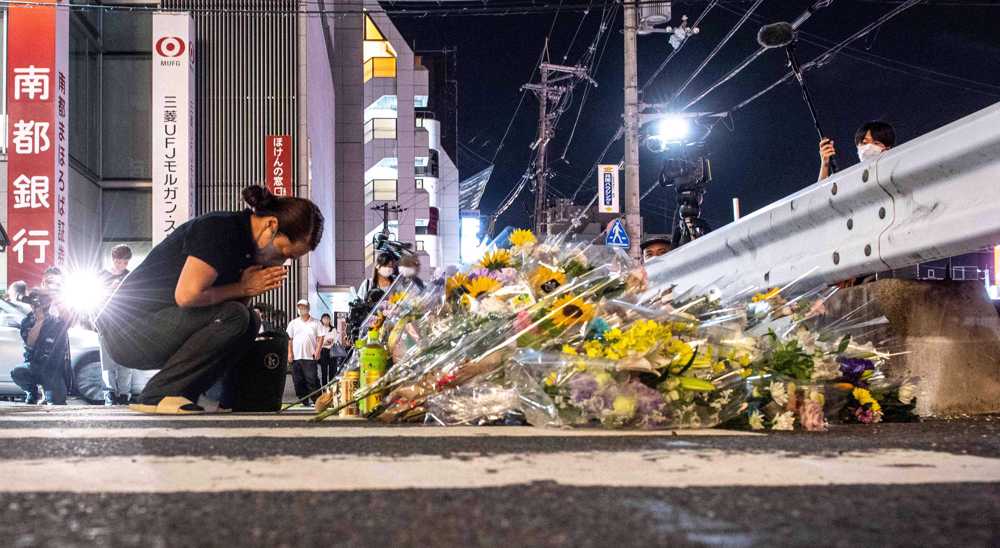
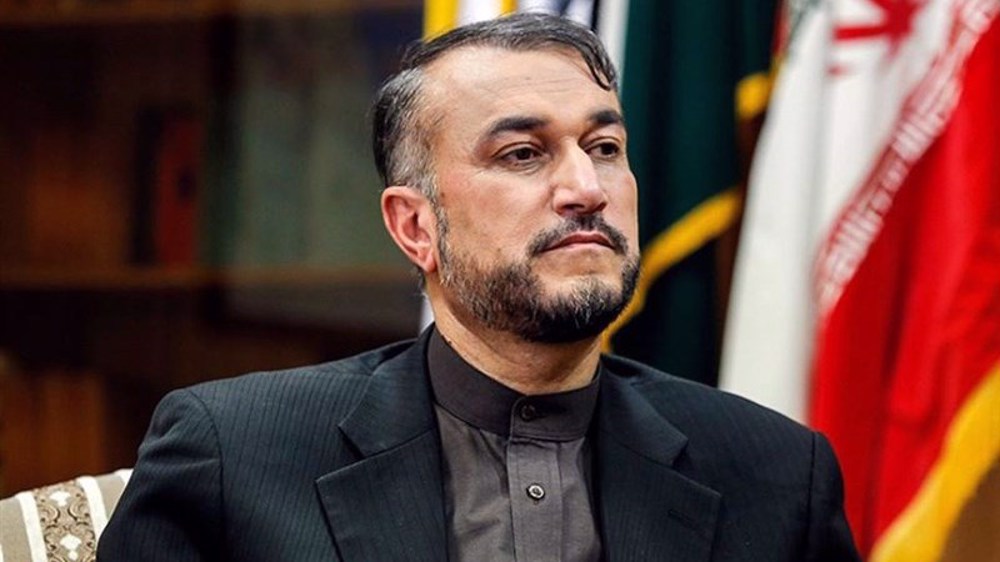
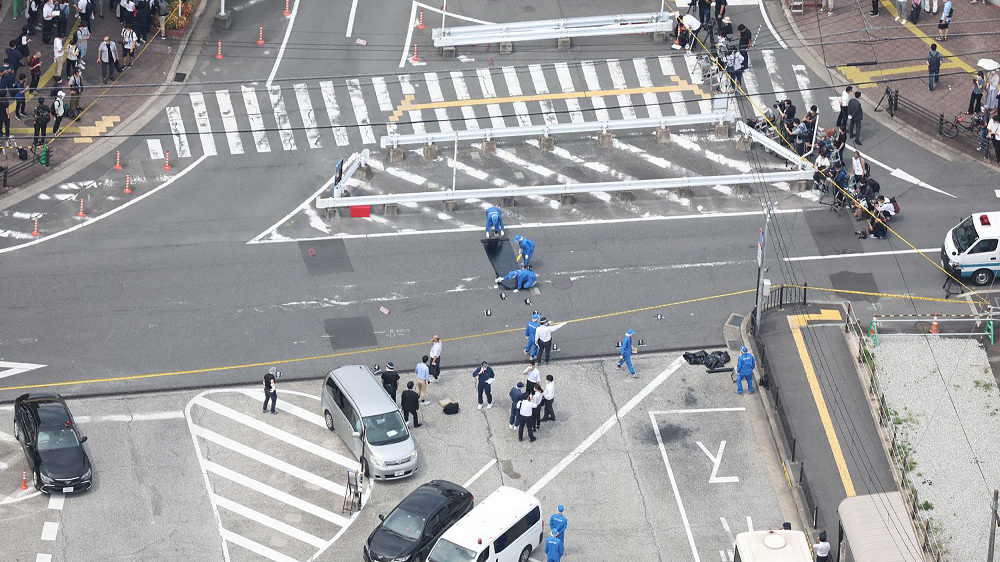

 This makes it easy to access the Press TV website
This makes it easy to access the Press TV website